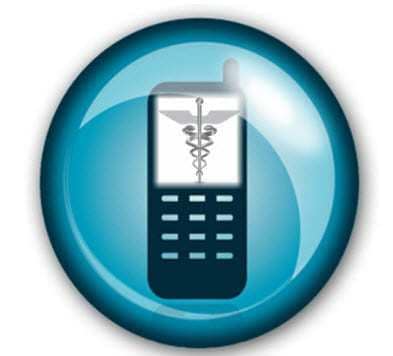Bringing mobile technology and medical science together in an intelligent way.
A number of mhealth tools are starting to slowly work their way into mainstream use for patients, such as a blood pressure cuff that connects to a smartphone, a blood glucose meter for iPod touch of iPhone devices, and an app that alerts people when it is time to take their next dose of their medications.
The medical community is reminding patients to look for mobile tools that are supported by solid clinical research.
It is, after all, one thing to have an application for medical purposes, and something quite different to have one that is actually designed to meet certain health and research standards. One of the most popular examples of this type of resource is the DiabetesManager by WellDoc. Since it has been available, it has been studied regarding its benefits for patients. The most famous was a one year study performed by a University of Maryland school of medicine team under Charlene Quinn MD.
They determined that patients who used this mhealth application for coaching their behaviors and their treatments had successfully decreased their glycated hemoglobin (which is a form of measurement of blood glucose control over the long term) much more than individuals who self managed and who visited their doctors only occasionally.
This research was published within the Diabetes Care journal’s September 2011 edition. It also found that when patients used the app, their doctors could have a more detailed look at the decline of the glycated hemoglobin levels. The average decrease was 1.9 percent (compared to the decrease of only 0.7 percent among patients who did not use the app).
Similarly, another study on mhealth technology was published in the Archives of Internal Medicine also underscored the importance of properly researching mobile solutions for supporting medical care.
In that case, a Northwestern University researcher, Bonnie Spring, and her team of scientists from several universities used Palm Pilots with nutritional software and food intake monitoring tools with subjects who had sedentary lifestyles and poor nutrition habits. The Nutribase software and accelerometers from CyberSoft impact was studied as the participants monitored their own intake of fruits and vegetables and saturated fats while they received coaching over emails and the phone.
This mhealth therapy produced highly beneficial results, showing that some mobile tools are supported by research to help patients and doctors with better care.

